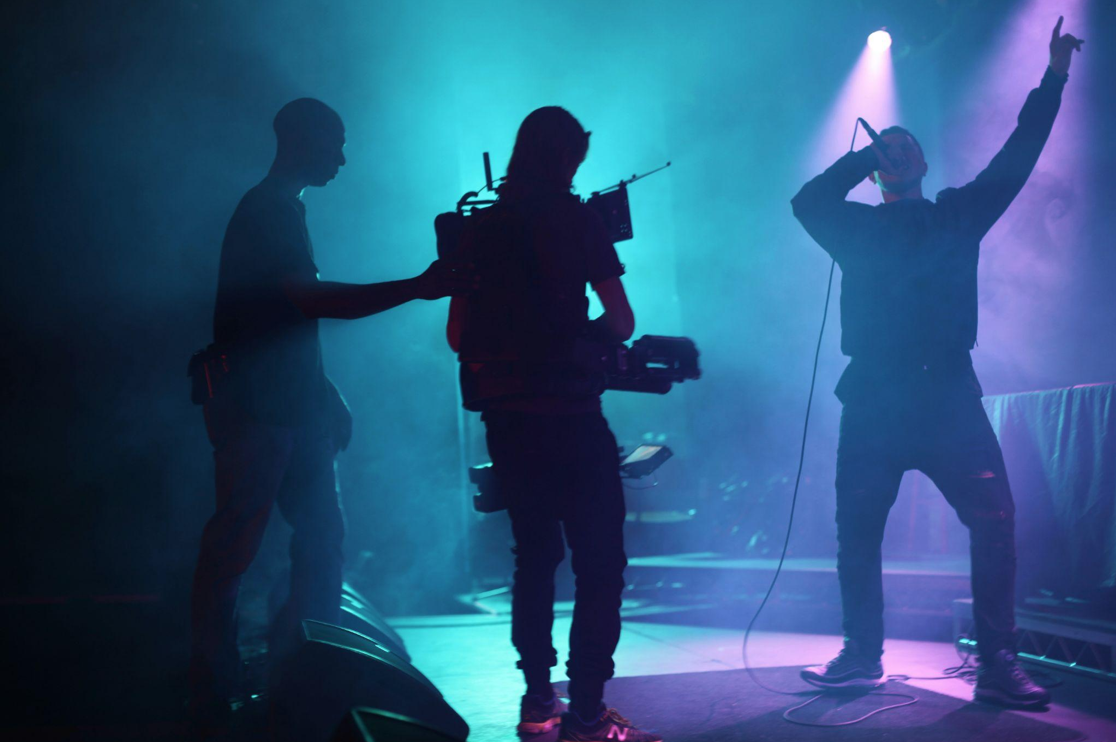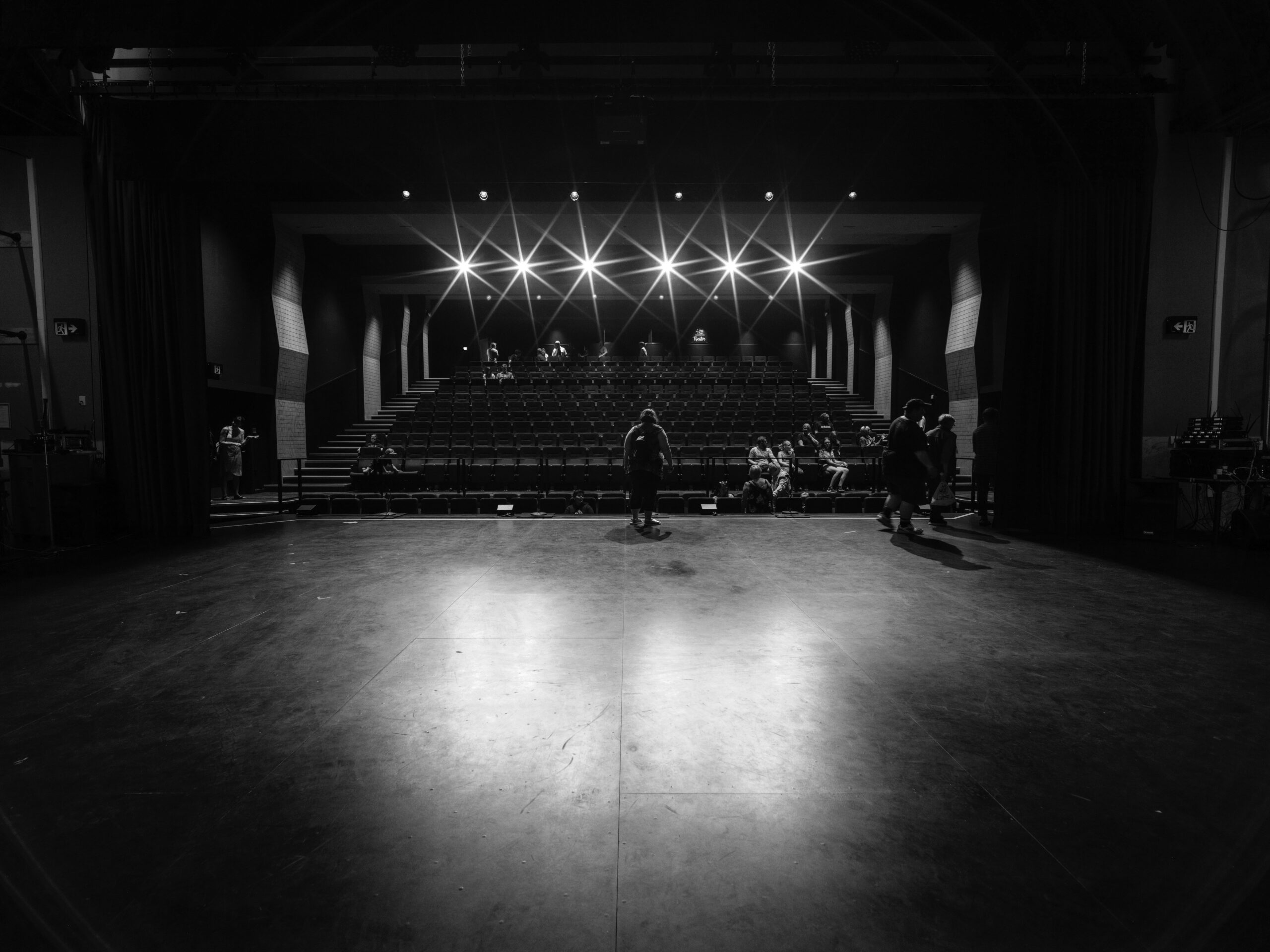
The Super Bowl is a highly-anticipated, star-studded event that appeals to sports fans and commercial-lovers alike. In the 2021 season, it was estimated that at least 208 million viewers watched Super Bowl LVI with the halftime show attracting over 103 million viewers alone.1 With this in mind, marketers and advertisers are keen on maximizing brand impact, generating brand awareness, and appealing to the wide-range of viewers that gather for this event.2
The National Football League (NFL) has been described as an “inherently political league” and has been a focal point for various social justice movements including protests against police brutality.3 The NFL’s political nature is evidenced in the owners’ famous blackballing of former San Francisco 49ers quarterback Colin Kaepernick for taking a knee during the national anthem and in attempts to censor certain lyrics sung by halftime show performers.4 This year, censorship concerns have risen with regards to Phoenix’s Super Bowl LVII Temporary Sign Restrictions, better known as “The Clean Zone.”5
Clean Zones have been installed at Super Bowl host cities since 2001 and have often been a requirement for cities to include in their bid to be considered by the NFL.6 The purpose of these Zones is to “prevent non-sponsors from infringing upon sponsors’ advertisement spaces” by “restrict[ing] or promot[ing] certain activities.”7 This includes prohibiting guerilla marketing techniques such as printing signs and handing out banners in specific areas.8 The NFL is particularly concerned with guerilla marketing because it allows companies to “gain significant exposure without the assistance of the NFL” for a “fraction of the cost.”9With the enactment of Clean Zones, the NFL is able to shelter its advertisement and sponsorship deals and effectively increase its profits. 10
The long-term financial impact of the Super Bowl on a host city is estimated to be around $100 to $400 million of revenue.11 As Super Bowl LVII approached, those who live within the designated Clean Zone had to “remove any existing temporary signage and [could not] put up any signage unless they [got] specific approval from the City of Phoenix and the NFL.”12 This issue was brought to light when Bramley Paulin, who owns two pieces of property within the Zone, and planned to “capitalize on the big crowds and lease out land to advertisers,” was unable to do so without approval.13 Paulin communicated with Coca-Cola, but was unsuccessful in closing a deal with them due to the need for NFL approval on such an agreement–which proved rather difficult as the NFL is officially sponsored by Pepsi.14 Once Paulin filed suit against the city of Phoenix, the City attempted to amend its ordinance by removing the NFL’s involvement to evade a claim against the unconstitutional delegation of powers to an unaccountable private actor.15 However, power still indirectly remained with the Host Committee and due to the approaching Super Bowl date, the new resolution would not grant Paulin adequate time to obtain relief through a use permit.16
As held in Central Hudson Gas & Electric Corp. v. Public Service Comm’n of New York, “other than false commercial speech or speech concerning illegal activities…past precedents [have] ‘rejected the highly paternalistic view that government has complete power to suppress or regulate commercial speech.’”17 Under a commercial speech analysis, the court must determine if the speech is protected by the First Amendment as to whether it “concerns lawful activity and is not misleading.”18 The government must then demonstrate they hold a “substantial” interest that is “directly advanced” and “not more extensive than is necessary to serve it.”19 While the City put forth a safety justification, it “bears the burden of proving that the restriction serves these ends with proper narrow tailoring.”20
Ruling in favor of Paulin, the Superior Court of Arizona held that the Super Bowl Ordinance was a violation of free-speech and unconstitutionally delegated power to third parties, the NFL and Host Committee.21 The court further asserted that the ordinance was vague and “provides no standards to guide decision-makers’ discretion.”22 The court directed the City to review Paulin’s advertising request within 48 hours without restricting what he is permitted to say.23
The cities that are looking to host wide-scale events such as these must be weary of the potential constitutional violations “of the laws that they pass at the behest of event sponsors.”24 While there are legitimate concerns regarding the unlawful use of NFL intellectual property and great importance in securing Super Bowl sponsorships, restrictions on advertising and the passage of overly vague laws that restrict speech can be problematic from a First Amendment perspective.25
Stephanny Avshalomov is a second-year law student at the Benjamin N. Cardozo School of Law and a Staff Editor at the Cardozo Arts & Entertainment Law Journal. Stephanny is continuing to explore various practice areas including corporate, tax, and real estate law. She is Secretary for Cardozo’s Startup Law Society and most recently, an extern with Cardozo’s Tax Law Field Clinic.
- Super Bowl LVI Total Viewing Audience Estimated at Over 208 Million, NFL (Mar. 1, 2022), https://www.nfl.com/news/super-bowl-lvi-total-viewing-audience-estimated-at-over-208-million [https://perma.cc/M9DP-FAXB]; Christina Gough, NFL Super Bowl Halftime Show Viewers in the U.S. 2022, Statista (Feb. 16, 2022), https://www.statista.com/statistics/1132847/super-bowl-halftime-show-viewers/#:~:text=The%202022%20Super%20Bowl%20halftime,of%20over%20103%20million%20viewers [https://perma.cc/H2MB-CH48].
- Jeff Fromm, The Super Bowl Is An Influencer Marketing Touchdown And Gen-Z Will Be Participating, Forbes (Jan. 25, 2022), https://www.forbes.com/sites/jefffromm/2022/01/25/the-super-bowl-is-an-influencer-marketing-touchdown–gen-z-will-be-participating/?sh=2ed53fde7867 [https://perma.cc/L59H-J7MH].
- Oliver Ind, The NFL – A Synthesis Between Sport and Politics, TEDx Warwick (Jan. 17, 2022), https://www.tedxwarwick.com/post/the-nfl-a-synthesis-between-sport-and-politics [https://perma.cc/BQM2-Q3TL].
- Chloe Stillwell, Eminem Kneeled, Kendrick Was Censored, And the NFL Wants You to Think Everything Is Fine, MIC (Feb. 14, 2022), https://www.mic.com/culture/eminem-kendrick-lamar-super-bowl-censorship [https://perma.cc/3V6Y-SFKT].
- Clean Zone 101, Downtown Phoenix Inc., (last visited Feb. 9, 2023), https://dtphx.org/wp-content/uploads/2022/11/Clean-Zone-101.pdf [https://perma.cc/3CM8-Q3VY].
- Marc A. Albanese, Clean Zones: The Dirty Side of Super Bowl XLVI, Seton Hall Law School Student Scholarship 1, at 3,8 (2012).
- Id. at 2.
- Id.
- Id. at 6.
- Jessica Boehm, Glendale LVII: Phoenix ‘Clean Zones’ Will Limit Advertising During Super Bowl, Axios (Dec. 20, 2022), https://www.axios.com/local/phoenix/2022/12/20/glendale-lvii-super-bowl-advertising-restrictions [https://perma.cc/44N5-2Z4U].
- Aaron Davis Rosenberg, How Clean Is Too Clean?: The Purposes, Effects, and Constitutionality of Super Bowl ‘Clean Zones,’ 20 Sports Lawyers J. 1, 3 (2012).
- Bianca Buono, ‘A Blatant Restriction on Free Speech’: Goldwater Institute Files Lawsuit Over Phoenix’s Super Bowl ‘Clean Zone,’ 12 News (Dec. 28, 2022), https://www.12news.com/article/news/community/free-speech-protecting-sponsors-debate-phoenix-super-bowl-clean-zone-nfl/75-23b30367-f816-4383-b400-8e34faaf4aaf [https://perma.cc/CE2J-CJWM].
- Id.
- Kevin Reagan & Bianca Buono, Judge Rules Phoenix’s Super Bowl ‘Clean Zone’ Rules Were ‘Unconstitutional,’ 12 News (Feb. 2, 2023), https://www.12news.com/article/sports/nfl/superbowl/judge-rules-phoenixs-super-bowl-clean-zone-resolution-unconstitutional/75-f3b0fef1-8780-4377-9928-41555a1c1617 [https://perma.cc/H9LJ-95PP].
- Id.
- Judge Orders Phoenix to Stop Censoring People For The Super Bowl, Ariz. Daily Indep. (Feb. 2, 2023), https://arizonadailyindependent.com/2023/02/02/judge-orders-phoenix-to-stop-censoring-people-for-the-super-bowl/ [https://perma.cc/AQ76-CRBP].
- Rosenberg, supra note 10, at 15.
- Id.; Cent. Hudson Gas & Elec. Corp. v. Pub. Serv. Comm’n, 447 U.S. 557 (1980).
- Albanese, supra note 6, at 12.
- Paulin v. Gallego, No. CV 2023-000409, 2023 WL 1872272, at *5 (Ariz. Super. Feb. 3, 2023).
- Id. at 3.
- Id.
- Timothy Sandefur, VICTORY! Court Orders Phoenix to Stop Censoring People For The Super Bowl, Goldwater Inst. (Feb. 2, 2023), https://www.goldwaterinstitute.org/victory-court-orders-phoenix-to-stop-censoring-people-for-the-super-bowl/ [https://perma.cc/7YEF-LULD].
- Rosenberg, supra note 10, at 27.
- Id. at 26.



